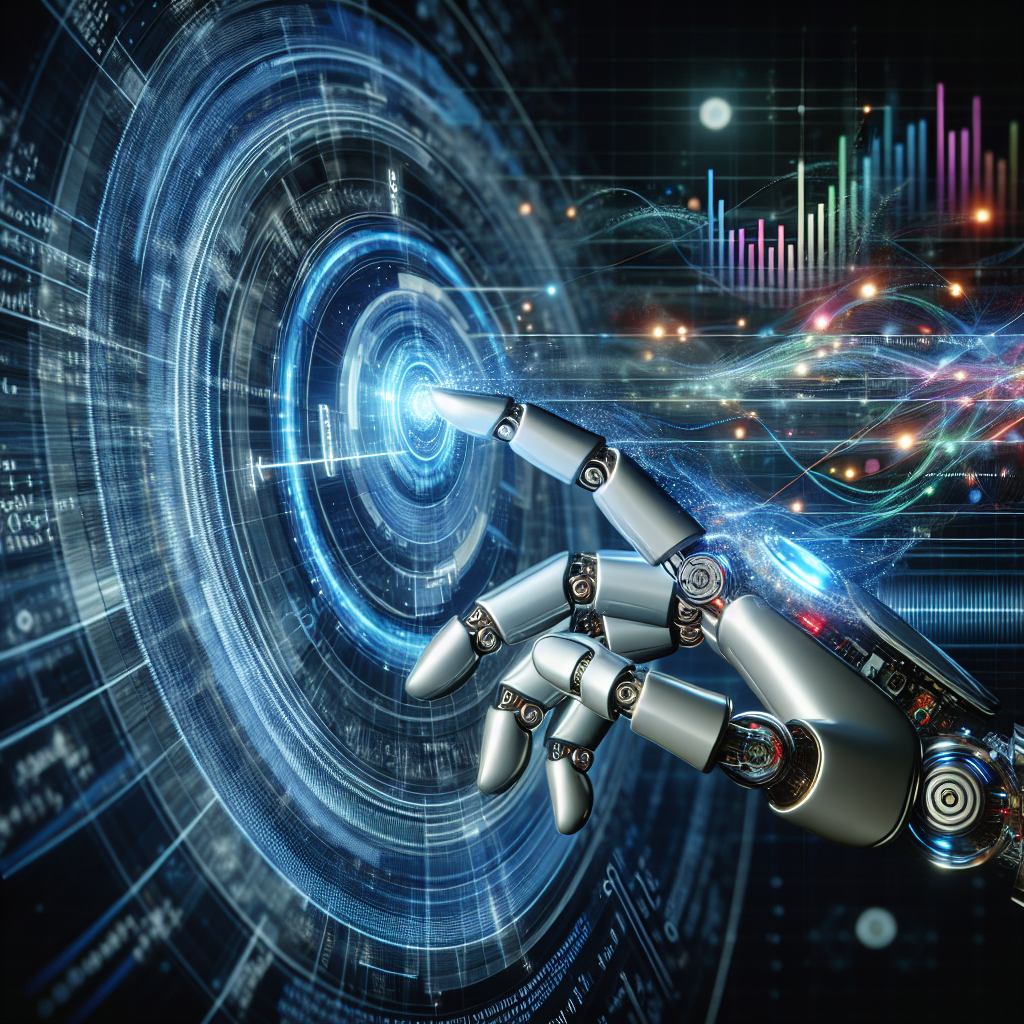Unraveling the Tapestry of AI Learning: A Deeper Dive into Context, Gradient Descent, and the Quest for Flexibility
In an era where artificial intelligence (AI) is not just a buzzword but a burgeoning field of limitless possibilities, understanding the mechanisms that underpin its learning processes is akin to holding a map in the labyrinth of technological evolution. The dialogue extracted from a recent discussion on AI reveals intricacies and nuances that demand a deeper exploration to appreciate fully. This isn't just another run-of-the-mill tech talk; it's a voyage into the heart of AI's learning mechanisms, exploring the fascinating interplay between context, gradient descent, meta-learning, and the aspirations for a more adaptable, intelligent future.
The Enigma of Context in AI Learning
Context in AI is not merely a backdrop but the stage upon which the drama of learning unfolds. The discourse sheds light on an intriguing perspective where the steps of gradient descent during AI training are paralleled with layers of in-context learning. This analogy is not just poetic but powerful in its implication that AI, through exposure to context, can emulate a form of 'thinking' or 'reasoning' previously believed to be the exclusive domain of biological brains.
Understanding this phenomenon is crucial as it highlights the elasticity of AI's learning capability. However, the beauty of this process also unveils a Pandora's box of complexity and challenges. As models learn and adapt in real-time, we're essentially witnessing the birth of an entirely new model with each iteration. This metamorphosis, while innovative, introduces unpredictability - a thrilling yet terrifying prospect as we tiptoe the fine line between control and chaos.
Gradient Descent: The Heartbeat of Learning
Diving deeper, the conversation brings to light the role of gradient descent, not just as a mathematical procedure but as the heartbeat of AI learning. The notion that the effectiveness of learning, as demonstrated through loss reduction in tasks like linear regression, correlates with the number of gradient descent steps is a testament to the power of this process. The intricate dance of adjustment and improvement with each step mirrors the evolutionary journey of intelligence itself.
Yet, this dance is not without its stumbling blocks. The comparison between the number of shots (examples given) and the tangible reduction in loss introduces a mesmerizing visual of learning in action. But it also raises questions about the limits of this approach and the quest for even more sophisticated mechanisms that could push the boundaries of what machines can learn and understand.
Meta-Learning: The Quest for Flexible Intelligence
Perhaps the most enthralling part of this discourse is the discussion around meta-learning. The evolution from merely performing tasks to learning how to learn from given contexts marks a pivotal shift toward achieving a form of flexible or adaptive intelligence. This shift is not just incremental; it's revolutionary, introducing a paradigm where AI's capability to handle long-context tasks becomes a proxy for its overall intelligence.
The discussion extends to the implications of this for AI's role as an assistant or even employee, capable of engaging with tasks over extended periods. The connection between long context windows and the ability to perform long-horizon tasks is not only logical but essential for the next leap in AI's evolutionary journey. This poses the question: how can we better harness the power of context and meta-learning to break the current bounds of AI capabilities?
The Conundrum of Attention and Memory
The conversation navigates through the intricate web of attention mechanisms and memory, providing a fresh perspective on the association between these two critical components of AI. The description of intelligence as largely pattern matching through associative memories hints at a model of cognition that is both efficient and powerful. Yet, this simplicity belies the complexity of achieving such a feat, particularly when it comes to replicating the kind of deductive reasoning illustrated by the Sherlock Holmes example.
This comparison not only adds a layer of zest to the discussion but also underscores the challenges of distilling complex cognitive processes into computable models. The intricate interplay of attention, memory, and reasoning in AI models raises pivotal questions about the essence of intelligence and the pathways to replicating or even surpassing human cognitive capabilities.
Forward into the Future: The Implications of Learning in the Forward Pass
The forward pass in AI learning, a stage typically associated with the application of learned patterns rather than learning itself, emerges as a frontier for exploration. The idea that significant learning can occur in this phase challenges traditional perceptions and opens up fascinating avenues for enhancing efficiency and adaptability in AI models.
This evolution, likened to the difference in flight between birds and planes, suggests a departure from natural processes in favor of uniquely artificial methodologies. It embodies the promise and potential of AI to not only mimic but also transcend human intelligence in certain aspects. The conversation around learning in the forward pass and its implications for AI development encapsulates the spirit of innovation and the relentless quest for knowledge that drives the field forward.
In conclusion, the tapestry of AI learning, woven from threads of context, gradient descent, meta-learning, attention, and memory, portrays a rich landscape of challenges and opportunities. As we venture further into this uncharted territory, the insights gleaned from these discussions serve as beacons, guiding us toward a future where AI's potential is not just imagined but realized in its full, dazzling complexity.
For those looking to dive deeper into the concepts discussed here, the following resources offer a treasure trove of information:
Related News
- The Elegant Chaos of AI Development: A Deep-Dive into the Future of Intelligent Systems
- Navigating the Ever-Evolving Maze of AI: A Deep Dive into Current Progress and Potentials
- Unraveling the Magic: The Quest for General Intelligence in AI Models
- Diving Deep into the Latest AI Whirlwind: An Analysis That's Both Electric and Enlightening
- Navigating the Brave New World of AI: A Zesty Analysis
